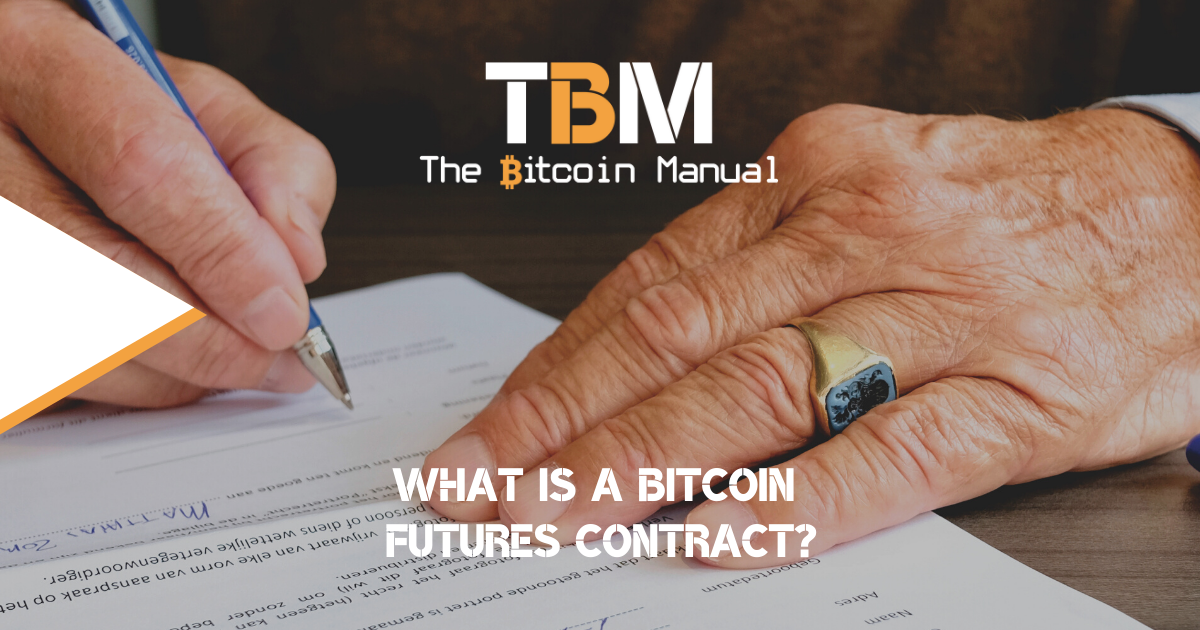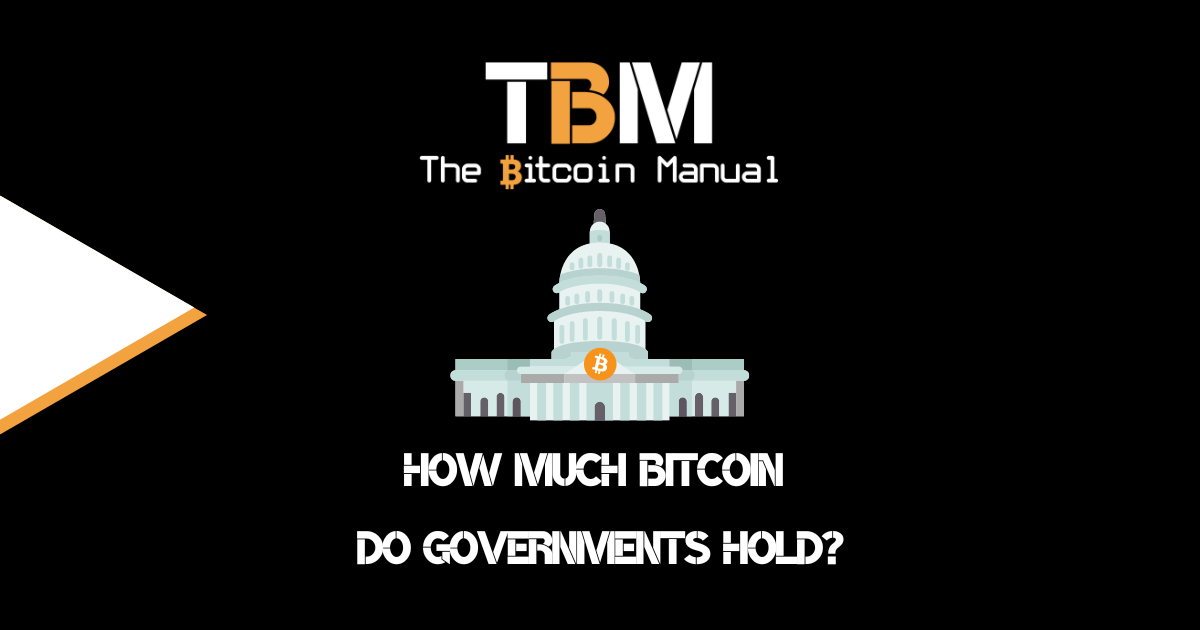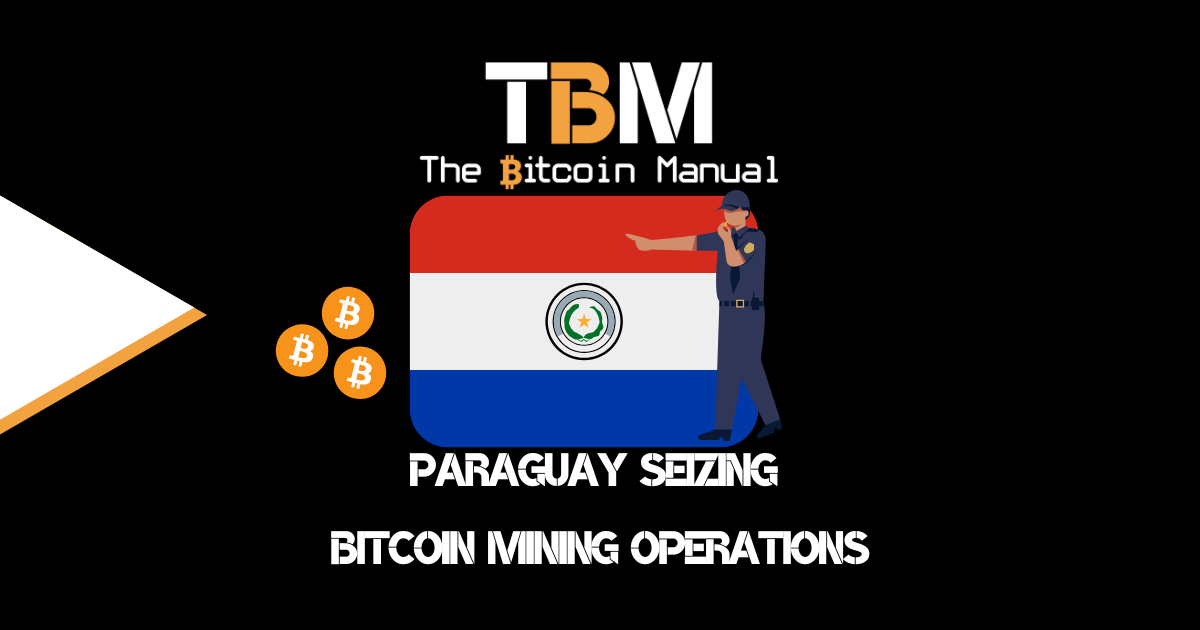The world of finance is a complicated one, and if you’re going to give humans the ability to trade, they’re going to find new ways to slice and dice the risk. Futures have been around in the investment world for hundreds of years for many practical reasons. For example, you be a farmer and secure a specific price for your wheat ahead of delivery, so you have the capital for your production.
An airline could purchase futures contracts to secure oil at a favourable price to help decrease their margins spent on energy. These are simple examples, and futures contracts have become a more complex financial tool today.
As Bitcoin merges with traditional finance, we saw futures contracts launch around the end of 2017. Since then, many exchanges have expressed interest in establishing Bitcoin futures trading, offering people new ways to invest in Bitcoin.
- But what exactly are Bitcoin Futures?
- Why do people want to buy them?
- How are they better or worse than buying Bitcoin?
- Who are these people opting for futures contracts?
To answer these questions, we first need to understand how these futures work.
What are futures?
A futures contract is an agreement between two parties to buy or sell a commodity or financial instrument on a precise future date at a specified price. When the contract reaches its expiration date, both parties must buy and sell the item at the agreed price – even if the price of the underlying item has fallen or risen over time.
As mentioned earlier, futures can be used to secure resources at a specific price and avoid price volatility that could impact operations. However, when futures are used as a financial instrument, traders try to make a profit when people speculate on the price movement of the underlying asset.
Since futures contracts are a separate financial asset, they aren’t part of the asset market traded; they are a secondary market separate from the Bitcoin to USD market, for example. Futures contracts are negotiated and sold on a futures exchange.
What are Bitcoin futures?
Futures don’t have to involve commodities but can be based on financial instruments, for example, stock market index futures, and since 2017, it’s also possible to trade Bitcoin Futures.
Bitcoin Futures enable you to speculate on what you think the price of Bitcoin will be in the future – without having to take custody of any Bitcoin. You’re using an exchange that holds the collateral, and you’re trading contracts based on the Bitcoin the exchange holds.
They work in the same way as futures on traditional investment assets.
You can take a long position if you expect the price of Bitcoin to rise, or if you own Bitcoin, take a short position to mitigate the impact of potential losses.
Each futures contract contains a specified amount of the traded product.
In the example of the CBOE Bitcoin Futures, each contains one Bitcoin and the Bitcoin is held by the Gemini exchanges. The contract also settles based on the auction price for bitcoin, denominated in US dollars.
- A key benefit of Bitcoin Futures is they can be traded on certain regulated exchanges.
- This could make trading Bitcoin more attractive to people nervous about dealing with Bitcoin exchanges directly.
- Another advantage is you can speculate on the price of Bitcoin without having to store Bitcoins.
Long and short positions
In a futures contract, you have two options. One of the parties holds a long position, and the other holds a short position.
- If you take a long position, you agree to buy the underlying asset in the future at a specific price when the contract expires.
- If you take a short position, you agree to sell the asset at a set price upon the contract’s expiration.
Let’s imagine an oil producer and an airline enter into a contract to deliver 1,000 barrels of oil of wheat at $40 per barrel. The oil producer holds the short position because they have agreed to sell their oil. The airline holds the long position because they have agreed to buy the oil.
If I’m short on a futures contract and the price goes drops
If we take this example and we apply it to Bitcoin, let’s say I have 1 Bitcoin, and it’s valued at $50 000 each on the open market. I plan to sell my Bitcoin at the end of the month, but I want to secure $50 000.
So I agree to take a short position on a 1-month futures contract to sell my 1 Bitcoin at $50 000.
At the end of the month, Bitcoin is trading at $45 000, and I close out my contract; I get the $50 000 agreed despite the price it’s trading at today.
So I’ve made a $5000 profit.
In theory, I could now take that windfall or repurchase Bitcoin on the open market at the current price of $45 000 and have 1.1 BTC now.
That is, of course, the better scenario for the short side.
If I’m short on a futures contract and the price rises
In that same example, Bitcoin is trading at $60 000, and I close out my contract, I get the $50 000 agreed despite the price it’s trading at today.
So I’ve lost out on a potential $10 000 if I sold it at the spot instead of a futures contract.
If I’m long on a futures contract and the price goes increases
If we take this example and we apply it to Bitcoin, let’s say Bitcoin is valued at $50 000 each on the open market. I plan to buy 1 Bitcoin at the end of the month, but I want to secure it at $50 000.
So I agree to take a long position on a 1-month futures contract to buy 1 Bitcoin at $50 000.
At the end of the month, Bitcoin is trading at $55 000, and I close out my contract; I get to buy that 1 Bitcoin at $50 000 agreed despite the price it’s trading at today.
So I’ve made a $5000 profit.
That is, of course, the better scenario for the long side.
If I’m long on a futures contract and the price decreases
In that same example, Bitcoin is trading at $40 000 at the end of the month, and I close out my contract. I spent the $50 000 agreed despite the price it’s trading at today.
So I’ve lost out on a potential $10 000 if I sold it at the spot instead of a futures contract.
Where can I trade Bitcoin Futures?
Bitcoin Futures were first introduced by the CBOE Futures Exchange in December 2017. This was closely followed by the launch of Bitcoin Futures by the CME Group.
CBOE and CME are still the main regulated exchanges where you can trade Bitcoin Futures, but it is expected more institutions will come on board.
Nasdaq is thought to be testing Bitcoin futures trading, while brokerage firms TD Ameritrade and JP Morgan are also said to have expressed an interest.
Some cryptocurrency exchanges enable you to trade Bitcoin futures, such as Hong Kong-based OKEx, and BitMEX as well as Binance – some of the largest cryptocurrency exchanges.
Understanding the risks of futures contracts
Before you begin trading a futures contract, it’s imperative that you understand the ins and outs of these markets. Like any investment, in every futures trade, there is a winner and a loser, so there’s a real risk you could end up with less money than you started with going into the trade.
Bitcoin futures are primarily institutional aimed products looking to get exposure to the volatility and growing liquidity of the Bitcoin market. However, retail offerings are available. Having said that, even if retail can participate, it does not mean any trader should be getting into these markets.
Sure, if you’re an experienced trader and can take on risks, Bitcoin futures could add a new twist to your Bitcoin investment journey, but for the average joe, this could be an effortless way to lose money.
Since Bitcoin makes up the largest portion of the growing digital asset market, trading at a 1 trillion dollar market cap or around that size, it makes it more attractive to the big boys to get in. However, buying spot Bitcoin isn’t something all investors can do due to regulation and the guide of their liquidity providers.
Since Bitcoin futures can be traded on regulated exchanges, it provides investors with transparency, price discovery and risk management capabilities. The contract will also allow individual market participants to access the bitcoin market as well as hedge any direct exposure to bitcoin pricing.
Considering the third-party risk
Futures are a trading vehicle; this is not something you get into if you’re trying to get into Bitcoin for the first time or looking to secure a position in Bitcoin.
In addition, most futures are cash-settled, so you don’t get to take custody of the Bitcoin. These contract derivates only reference the underlying asset, so you never own the Bitcoin you’re trading.
You are reliant on the custody provider, too. If they go tits up or manage their keys, your contracts could be worth zero. So factor these risks into your model if you go into the futures trading game.
If you’re still intent on trading, I wish you all the best with your strategy and when the market does go against you, know you’re giving away cheap sats to long term hodlers, and we appreciate your donation to the cause.




